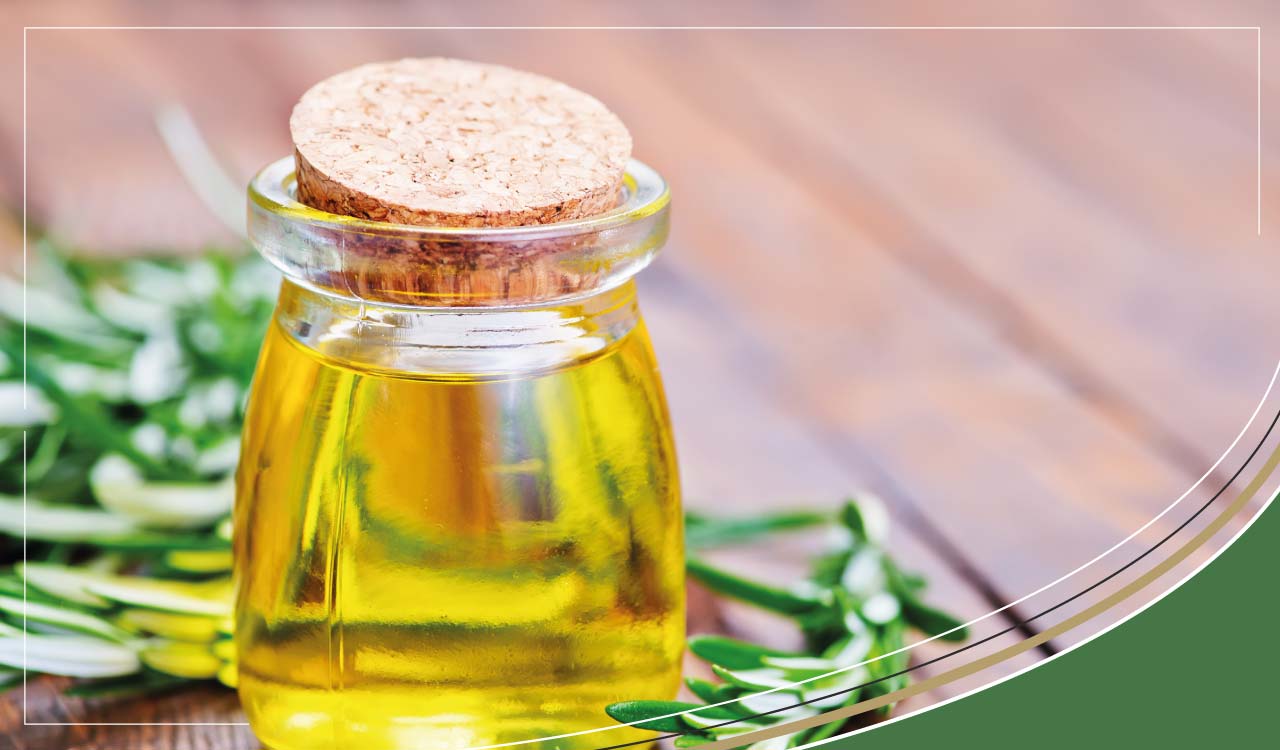What is Oregano Oil? | Uses, Benefits & Side Effects

Origanum Vulgare is a plant of the mint family believed to have originated in Greece. A pungent perennial shrub growing up to two feet tall preferring warmer climates but capable of growing in cooler climates. High in antioxidants, it's dried leaves are used as a natural preservative and to season mediterranean cuisine, and it's oil is distilled for medicinal purposes.
What is Oregano Oil?
Oregano Oil, also known as Oil of Oregano, is an essential oil derived from the leaves and shoots of the oregano plant. Native to Greece where it grows naturally in the wild, its produced and sold commercially as organic Wild Oregano Oil. Although it can cause a stinging or burning sensation when applied topically to open wounds, it is classified as "Generally Recognized As Safe".
Manufactures of high strength Oregano Oil suggest diluting it with a carrier oil such as Olive Oil or Coconut Oil before use. It is usually sold in 25 - 50ml bottles with a pipette, or as gel capsules, each containing 2 - 5 milliliters of oil.
Oregano Oil Uses
Other than it's most common use as a culinary herb, some people swear by Oregano Oil's therapeutic properties. Scientific studies have shown there are two principal inhibitory components of Oregano Oil, Carvacrol and Thymol. They have been found to be effective against Staphylococcus Aureus, as well as prevent further growth of pathogens such as Escherichia Coli, Salmonella, Bacillus and several other strains of bacteria.
-
Carvacrol
A pungent liquid phenol shown to fight several types of bacterial infections such as Escherichia Coli, Candida Albicans, Salmonella, Listeria, Staphhylococcus and more. Also found in other plants of the mint family such as Thyme.
-
Thymol
An aromatic liquid phenol, less powerful than Carvacrol, but with antiseptic and antifungal properties which can help protect against toxins and promote healing. This compound is also found in other plants of the mint family such as Rosemary and Thyme.
Colds and Flu
A few drops taken orally, three times a day, or inhaled through a nebuliser may provide symptomatic relief.
- If you don't have a nebuliser readily available, you can add a few drops into a basin of hot water, cover your head with a bath towel and inhale the steam. Oregano Oil's anti-inflammatory properties may also help reduce inflammation of the sinuses.
- You can also try a hot compress, by submerging a washcloth into a hot water and oregano oil mixture, then once cool enough, applying the compress directly to your skin, or face while inhaling through it.
- Ingesting one to two drops a day, or a single capsule, may help prevent infection by boosting your body's defence mechanisms.
Throat and Chest Infections
The most common cause of a sore throat is the streptococcal strain of bacteria. Because Oregano Oil has both anti-viral and ant-bacterial properties, it can also help alleviate the symptoms of throat infections, strep throat and tonsillitis.
- As with Colds and Flu, use a nebuliser, or add a few drops of Oregano Oil into a basin of hot water and inhale the steam.
- Once or twice a day, dilute two to three drops into a glass of water, milk or juice to help disguise the pungent taste. Swish around the mouth and gargle if possible, before swallowing.
Outer Ear Infections
As an anti-septic, Oregano Oil may prevent the growth of an established infection. Applied topically, it destroys all pathogens on contact. Additionally, the oil has a softening effect on ear wax, aiding the natural expulsion process.
Begin by diluting a few drops of oil in a carrier oil such as Olive Oil at a rate of about 1 part Oregano Oil to 30 parts Olive Oil. Apply to the back of the hand and wait a few minutes to gauge your tolerance. If required, dilute further, or use a more concentrated mixture if you can bear it.
You should never force anything into your ear canal, not even a cotton ear bud. You not only risk rupturing or damaging the ear drum, but you will likely push and compact any ear wax or other debris deeper into the ear canal. This will result in longer lasting blockage and may exacerbate the infection.
- Apply the mixture in and around the earlobe, and the opening of the ear canal. Use a cotton ear bud to smear the oil in and around the ear.
- For blockages, tilt your head to one side and use a pipette or an eye dropper to place a few extra drops into the ear, then reposition your head until you feel the oil enter the canal opening. Let it rest there for a few minutes while it soaks into the ear wax. Straighten up and wipe away any excess oil.
- Repeat after 12 hours if necessary.
For severely compacted wax that is impairing your hearing, see your Doctor who will use an instrument known as a curette to remove your excess wax. A curette is an instrument that looks like a sewing needle. The loop shaped top is inserted into the canal and pressed into the wax which is then extracted.
Benefits of Oregano Oil
- Anti-parasitic, anti-fungal, anti-bacterial and anti-viral. No known pathogens can survive contact with Wild Oregano Oil. It has been traditionally used to fight all kinds of infection and stop disease spreading.
- Oil of Oregano is known to regulate and strengthen the immune system, thus benefiting general health. At the first sign of infection start taking a few drops every 3 hours.
- Known to help with mucous motility, intestinal disorders and mucous membranes. Together with it's known ability to stimulate bile production, Oregano Oil can aid digestion.
- Known ability to stimulate bile production and aid digestion.
Side-Effects & Risk Factors
- Consult your Doctor if using blood thinners such as aspirin. Oregano oil has a naturally occurring blood thinning effect.
- Not suitable during pregnancy, may be harmful to the fetus.
- The liver needs time to process, so a few days on then a few days off is recommended.
- Do not exceed the recommended dose. In high doses, thymol is a mild irritant.
- Dilute with a carrier oil such as olive oil when applying directly to skin.
 Free Shipping on orders $110+ AUD
Free Shipping on orders $110+ AUD
 Worldwide Delivery Available
Worldwide Delivery Available
 Read Thousands of Independent Reviews
Read Thousands of Independent Reviews















